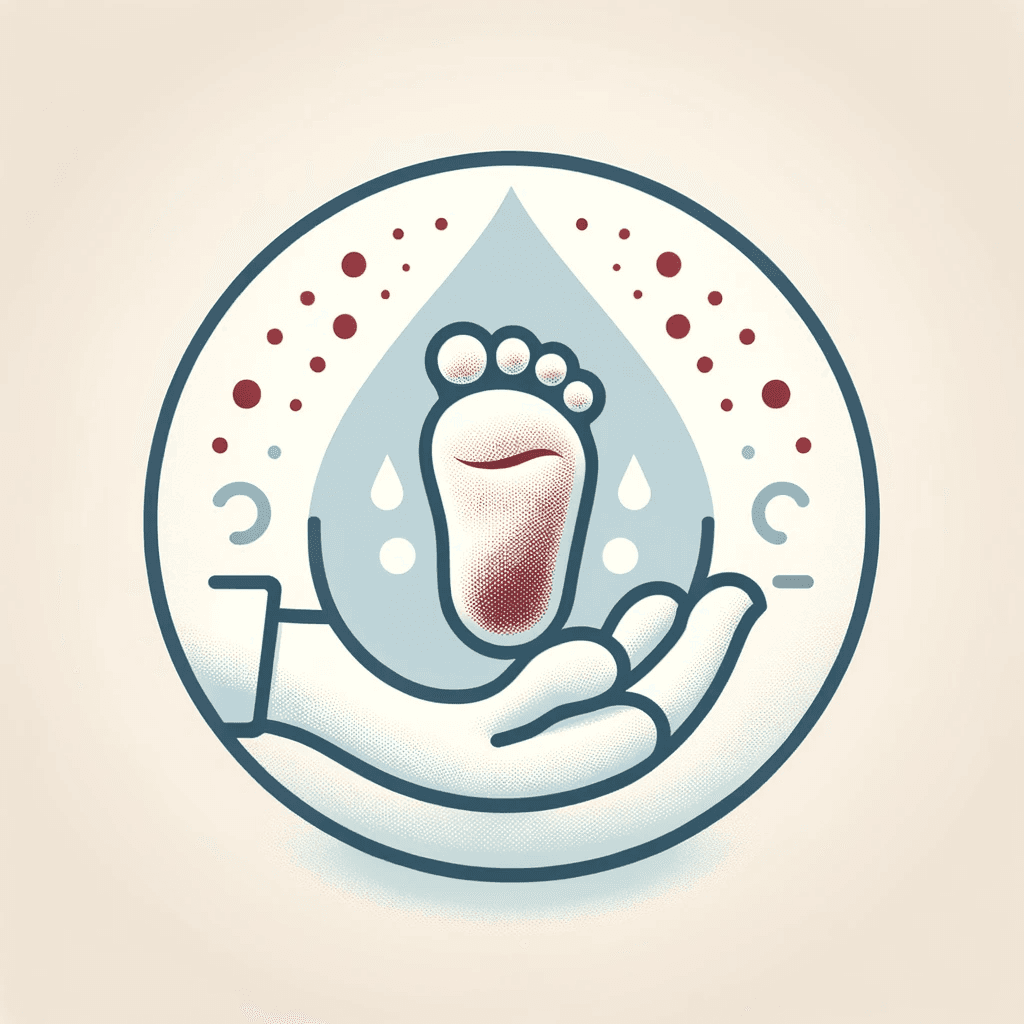Download A4Medicine Mobile App
Empower Your RCGP AKT Journey: Master the MCQs with Us!

The Newborn Blood Spot (NBS) screening is a pivotal component of the NHS national population screening programmes in England, playing a critical role in the early detection of certain serious conditions in newborns. This program is one of 11 such comprehensive initiatives designed to safeguard public health across various stages of life.
The programme's recommendations and operations are guided by the UK National Screening Committee (UK NSC), an authoritative body that advises ministers in the four UK countries on all aspects of population screening. The primary aim of the UK NSC is to ensure that the screening processes provide greater benefits than risks while maintaining cost-effectiveness for the NHS.
The Newborn Blood Spot (NBS) test, commonly known as the heel prick test, is a vital screening carried out when a baby is about 5 days old. It involves taking a small blood sample from the baby’s heel to screen for nine rare but serious conditions. The test is crucial for early detection and management of these conditions, ensuring timely intervention and care.
| Condition | Description | Prevalence (UK) | Significance of Early Detection |
|---|---|---|---|
| Sickle Cell Disease (SCD) | A serious inherited blood disease affecting haemoglobin. | About 270 babies/year | Early treatment including vaccinations and antibiotics... |
Try our Free Plan to get the full article.